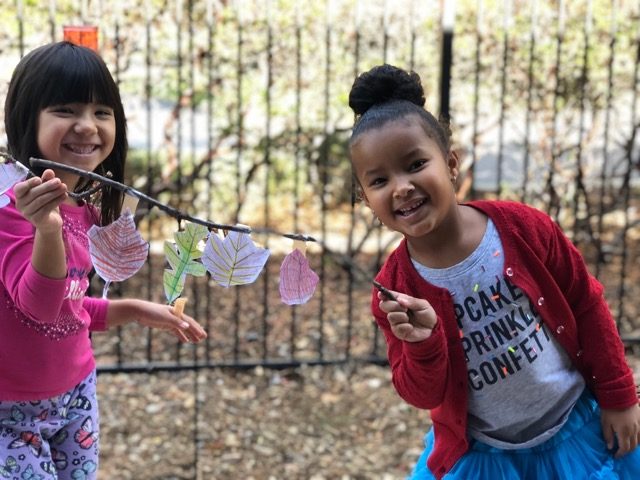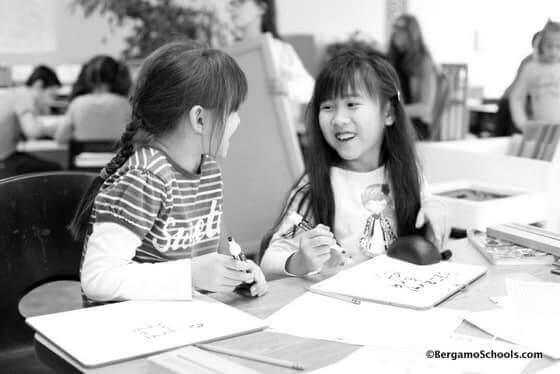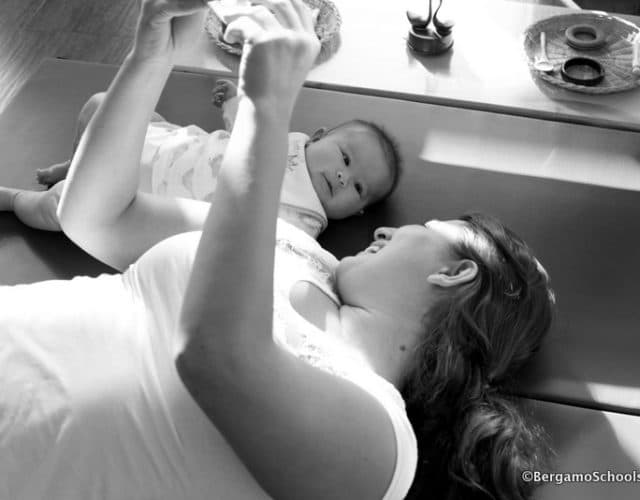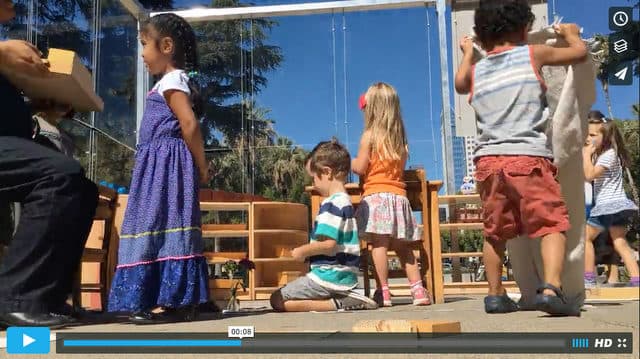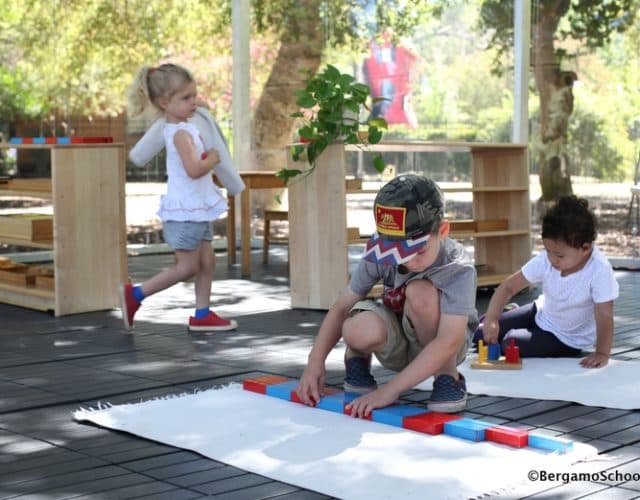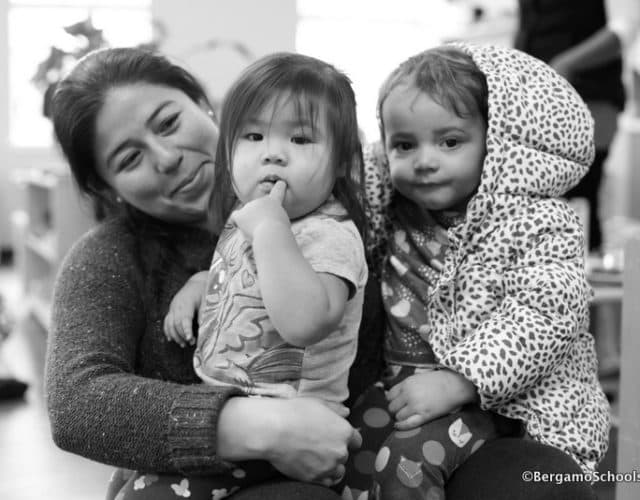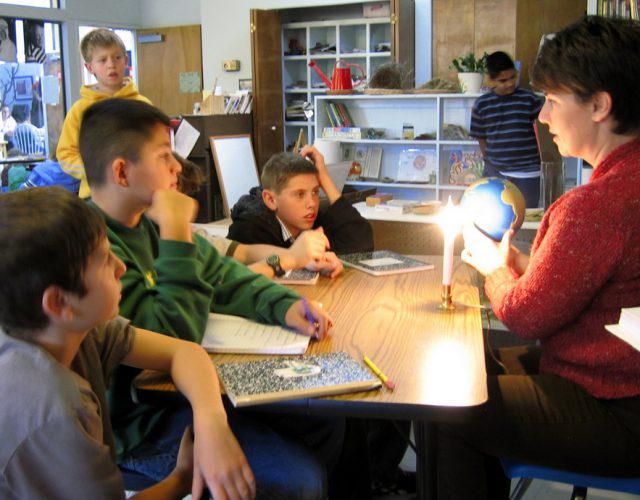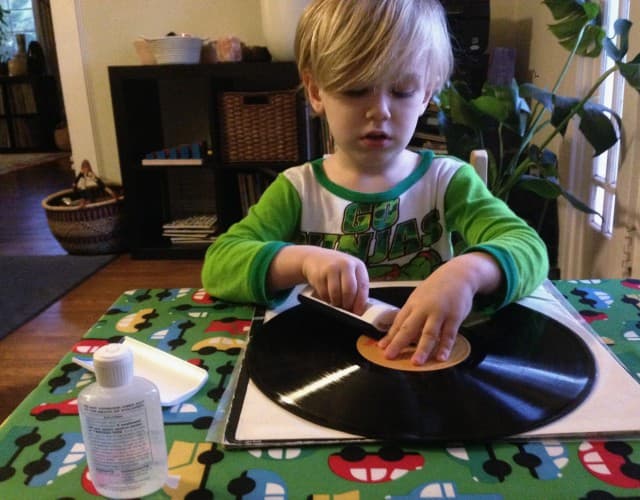Is it really worth it? I mean, why should you spend the time, effort, and money to find an authentic Montessori program for your child? Wouldn’t it be easier to just find… Read More
Attention Parents: Do These 6 Things for a Successful Transition to Montessori Elementary
If you do these six things when your child moves up to Elementary, you will help your child’s transition to this new and exciting period of her life.
Two beloved assistants headed off to Montessori training this summer!
Kisha and Shelby, long time assistants in the Toddler and Infant Communities, respectively, are headed to Denver this week. There, they will both begin their AMI Assistants to Infancy training at The… Read More
Infant Program coming to Bergamo’s Pocket Campus!
It is with great excitement that we announce the opening of a new Infant classroom at Bergamo Montessori School on Pocket Road in September!
Our Glass Classroom in action at the California State Capitol
…on Dr. Montessori’s birthday! Set up & assembly: In action:
What is this ‘Glass Classroom’ I’ve been hearing so much about…?
OK – to be honest, it’s not really glass. And it’s not a classroom at school. It’s a display classroom that Bergamo Montessori is taking on the road to various places –… Read More
New Montessori School to Open in El Dorado Hills / Folsom Area!
Our school opened in 1975 with one preschool/kindergarten classroom of 17 children in rented space at a local church. Over the past 42 years we have grown, slowly, to 3 different campuses… Read More
Join our team of dedicated professionals!
Dear Montessorian, This is the job opening you have been waiting for. No, really, it is. We seek an experienced Elementary Guide to lead a well-established and normalized 9-12 classroom starting in… Read More
Passing Notes: A reluctant parent opens up his record collection to his 3 year old son…
We host a Journey & Discovery event at least twice a year for our parents. This event walks the parents through each level of our school and allows the parents a child’s… Read More
What is Inclusive Education and why is it important for me?
The Montessori Institute of San Diego offered the first ever AMI Inclusive Education Course over the last two summers. Our Upper Elementary Guide in Sacramento, Aimee Meyer, is part of the first… Read More
